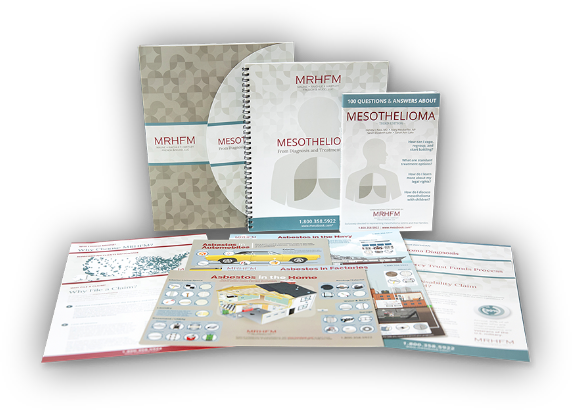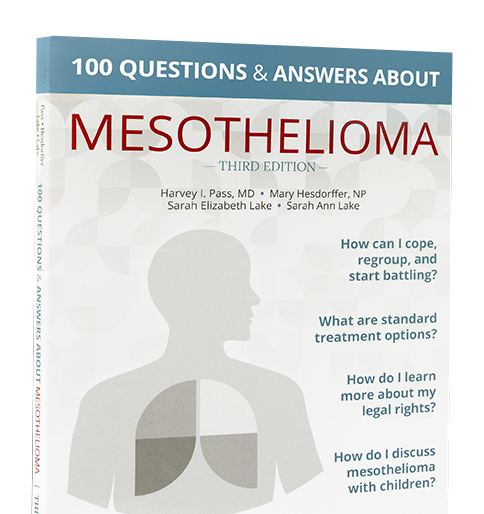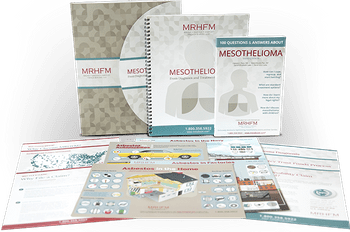In just the past few years, Johnson & Johnson has shelled out hundreds of millions of dollars to settle lawsuits alleging that the company sold talc-containing products that it knew could cause cancer. Some of the highest profile cases ended in awards ranging from $55 million to a staggering $417 million. Though a few cases were overturned, most were upheld, with one of the largest, a $110 million verdict, upheld after J&J fought to have it tossed over jurisdiction issues.
According to the latest filing with the U.S. Securities and Exchange Commission (SEC), Johnson & Johnson now has approximately 6,600 talcum powder lawsuits pending across the country, with the company’s popular Baby Powder and Shower-to-Shower products taking center stage.
The plaintiffs in the cases are seeking monetary damages for their injuries, claiming that J&J’s talc products caused their ovarian cancer. The thousands of women who are suing the company also want to warn others about the dangers of talc. In each case, the women are asking that Johnson & Johnson add warning labels or replace the products entirely with a similar one formulated with the much safer cornstarch.
The American Cancer Society says there is “no evidence” linking cornstarch to ovarian cancer. This is not the case with talc.
“Talc, in its natural form, may contain asbestos,” says the ACS. Asbestos is the only cause of mesothelioma. The World Health Organization’s International Agency for Research on Cancer also concluded in 2010 that, “perineal use of talc-based body powder is possibly carcinogenic to humans,” and the FDA had its say on the matter as well. According to the New York Times, the agency reported that, “literature dating back to the 1960s has suggested a possible association between talc powders and ovarian cancer.”
In one 2013 study, nearly 20,000 people were analyzed. The study found that “those who used any type of powder down there were 20% to 30% more likely to have ovarian cancer than those who didn’t use any powder.” The findings led the researchers to suggest that, “avoidance of genital powders may be a possible strategy to reduce ovarian cancer incidence.”
While Johnson & Johnson says it will continue to stand behind its talc products, the lawsuits continue to increase, with no end in sight for the massive pharmaceutical and consumer products manufacturer.
“The plaintiffs are not working as a team,” says the NYT. “They are taking the company to court one at a time.”
If you are concerned about the safety of talc, the American Cancer Society says you should avoid or limit your use of consumer products that contain it until more information is available.
Sources
"A Message About Talc | Johnson & Johnson." Johnson & Johnson. Johnson & Johnson Services, Inc., 02 May 2016. Web. 02 Apr. 2018.
"Annual Report: Johnson & Johnson." SEC.GOV. United States Security and Exchange Commission (SEC), 31 Dec. 2017. Web. 02 Apr. 2018.
Hsu, Tiffany. "Risk on All Sides as 4,800 Women Sue Over Johnson's Baby Powder and Cancer." The New York Times. The New York Times Company, 28 Sept. 2017. Web. 02 Apr. 2018.
Masters, Maria, and Amanda Macmillan. "Can Using Baby Powder Down There Really Cause Cancer?" Health.com. Health Media Ventures, Inc., 22 Aug. 2017. Web. 05 Apr. 2018.
Nwazor, Toby. "The Talcum Powder Lawsuit - The Truth, The Lies, and The Cancer Victims." The Huffington Post. TheHuffingtonPost.com, 07 Dec. 2017. Web. 02 Apr. 2018.
"Talcum Powder and Cancer." American Cancer Society. American Cancer Society, Inc., 2018. Web. 02 Apr. 2018.






